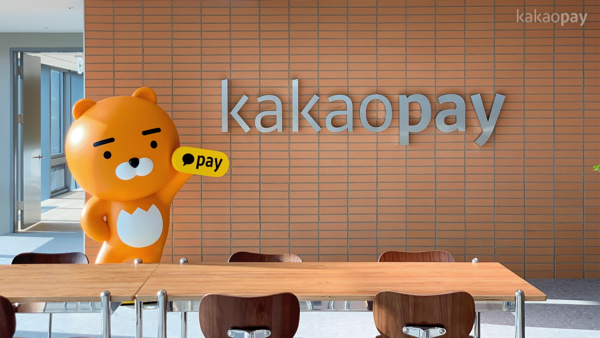Kakao Pay Corp., the mobile payment and digital wallet service unit of South Korean tech giant Kakao Corp., announced on Thursday it has signed an agreement to acquire a 51% stake in US-based Siebert Financial Corp.
The Korean fintech firm will first acquire 19.9% ownership at $17 million by May 4 and buy an additional 31.1% stake later this year after gaining approval from Siebert’s existing shareholders and the US authorities. The Gebbia family, Siebert’s controlling shareholder, will continue to hold significant ownership and participate in management.
"We will create innovative services for global stock investment by combining our margin trading system (MTS), which provides an optimized user interface, and Siebert’s US stock transaction system. We aim to export the solutions to fintech companies in Southeast Asia and other regions,” Kakao Pay stated.
The deal is a strategic investment to expand Kakao Pay’s global financial business and enhance user experience, the Korean fintech firm said.
Kakao Pay aims to increase benefits for its users who hold global equities by leveraging US after-hours stock trading services, thus allowing 24/7 share transactions.
The firm’s subsidiary Kakao Pay Securities Corp. will also offer diverse advantages to users such as low transaction fees.
Siebert will support Kakao Pay’s expansion in global markets, strengthen its revenue model and improve user experience, it added.
Founded in 1967, Siebert provides securities brokerage services, investment advisory and insurance offerings, securities lending and corporate stock plan administration solutions. The company is listed on the Nasdaq.
**Updated with the deal size
Write to Mi-Hyun Jo at mwise@hankyung.com
Jihyun Kim edited this article.





